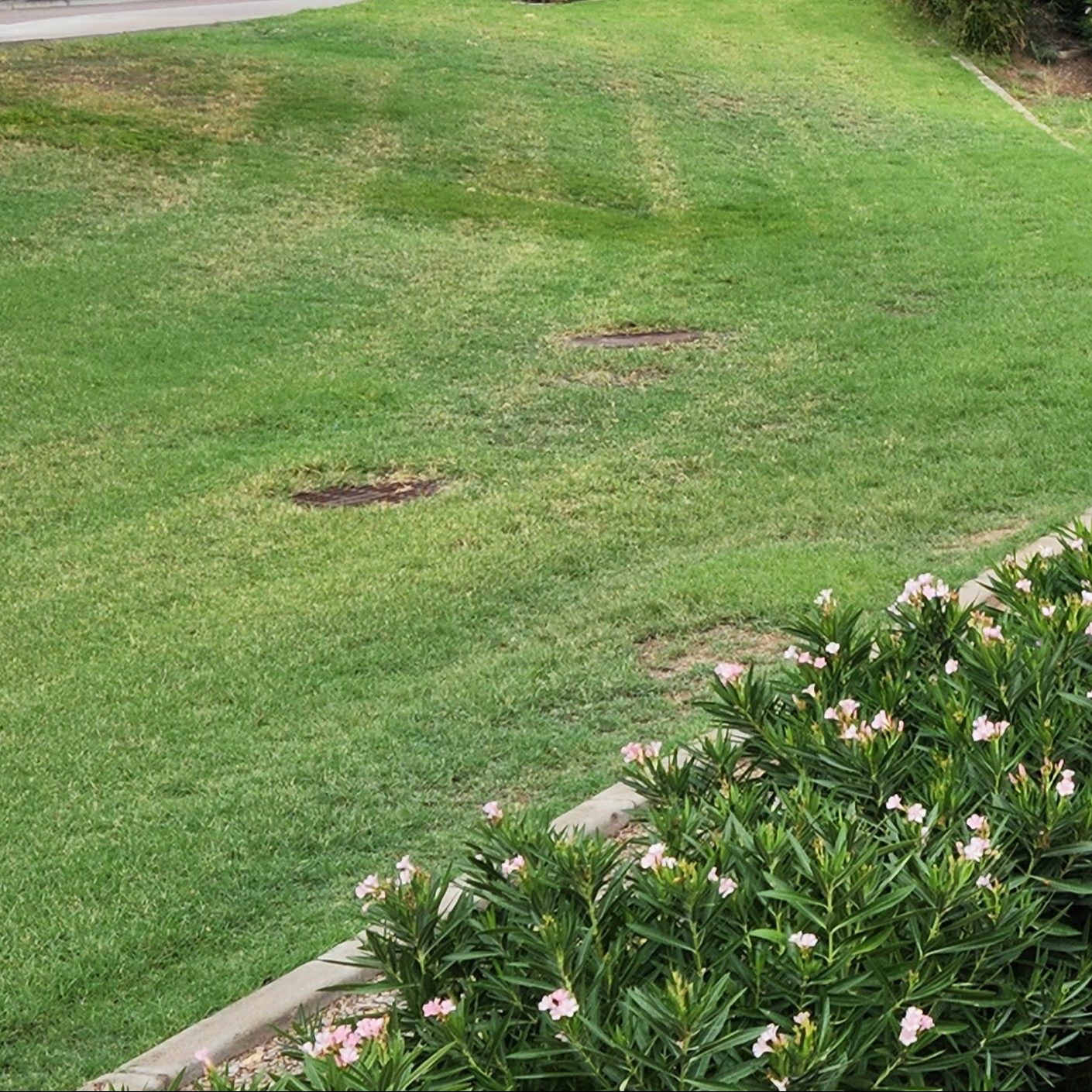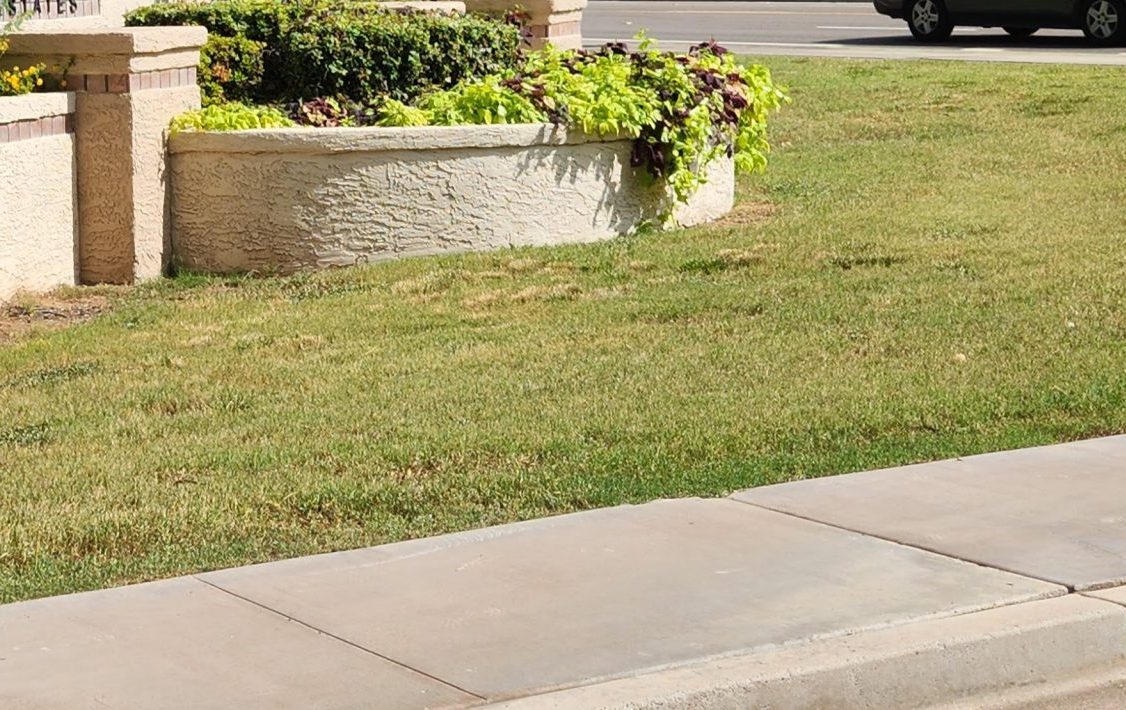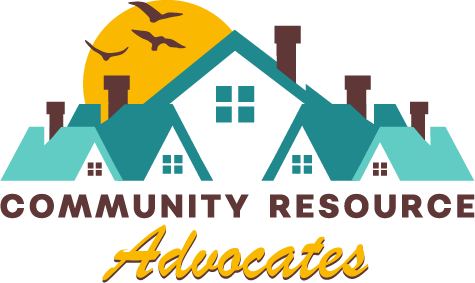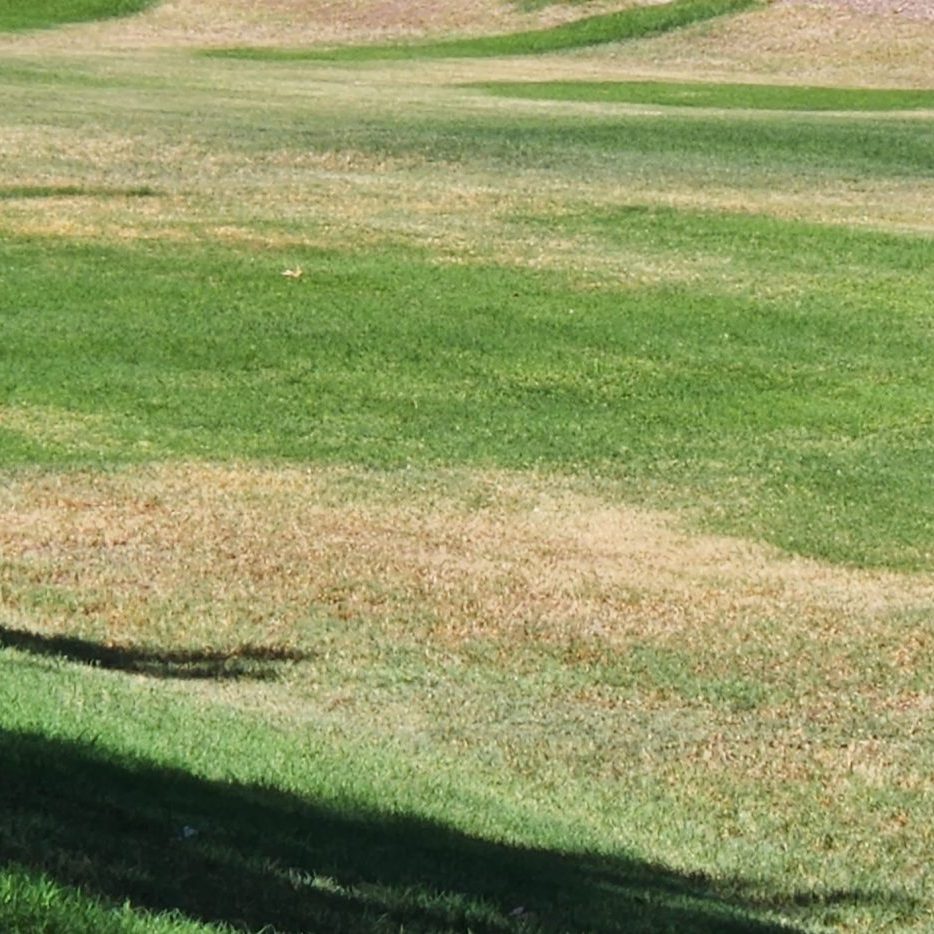Turf Maintenance
Various HOA communities have bermuda grass (also known as turf, sod, lawns etc) located in retention areas, common areas, and in front of some individual homes. Phoenix and the surrounding cities in the Valley have finally come to the understanding that our water supply has dwindled greatly from many years of drought, overuse and waste! We are currently on Tier 1 for the first time ever in Arizona with reductions to farmers first.
A good watering system is absolutely imperative to keep up nice turf in both summer and winter seasons.
Arizona Municipal Water Users Association (AMWUA), has been providing education on how to be sustainable with water as well as partnering with the Arizona Extension office, to teach ‘best known practices” for ‘sustainability in turf care’.

Remember ‘sustainability’ is the definition of preserving, conserving and updating the irrigation system with cost effective maintenance/preservation decisions. Community Resource Advocates is designed to assist board members to research “best known practices” and to offer solutions for sustainable options in your community. Here are some suggestions that could assist in keeping up the community’s turf areas cost effective and sustainable. CRA (Community Resource Advocates) is not recommending, suggesting or promoting any specific contractor, only the research. CRA only shares professional advice that is promoted as ‘sustainable’ and would use this information to create a sustainable turf/grass program for your community.

Turfgrass
Turfgrass transition in the spring can be supplemented by effective herbicides that can remove perennial ryegrass and enable bermuda grass to emerge from winter dormancy. Several experiments compared the efficacy of herbicides for transition when applied at variable rates and timing.
“For a rich healthy lawn throughout the winter, with very few weeds, we recommended only using-quality Perennial Ryegrass. Perennial Rye is superior to Annual Rye because it grows with three or more blades per seeding versus only one blade per seedling with Annual Rye. This translates to a fuller, more dense lawn while needing less seed.”
Sustainable practices will consist of ‘preventable policies.’ Community Resource Advocates will educate on preventable actions, water saving steps as well as assisting in creating a sustainable program for turf areas in your community.

